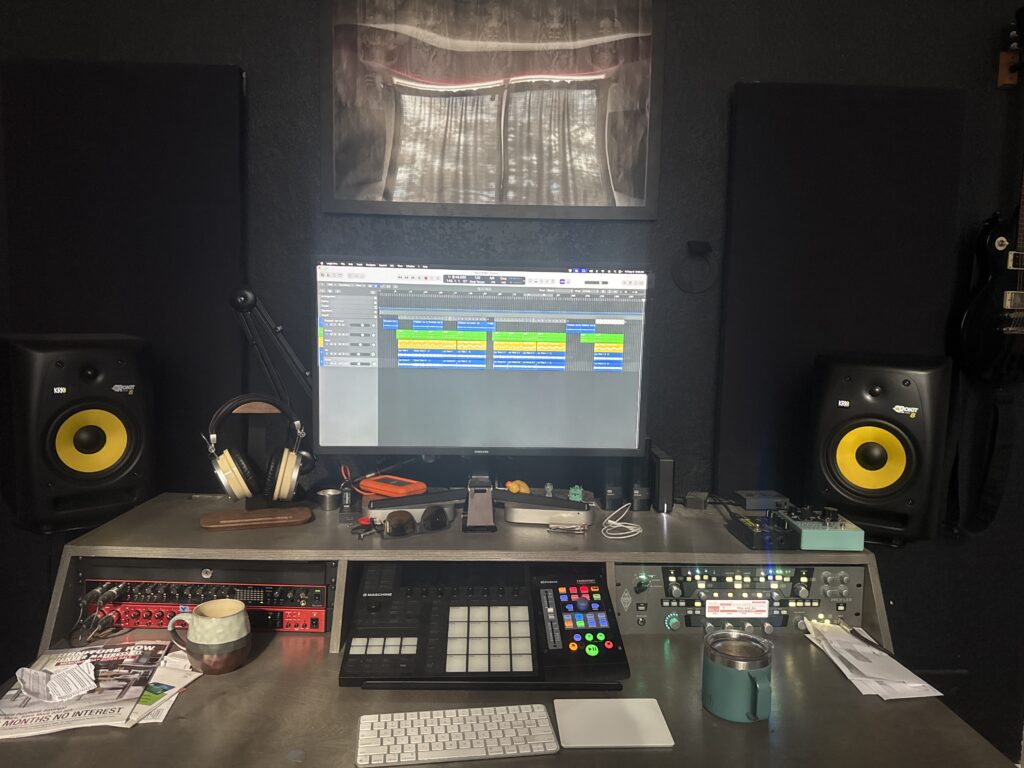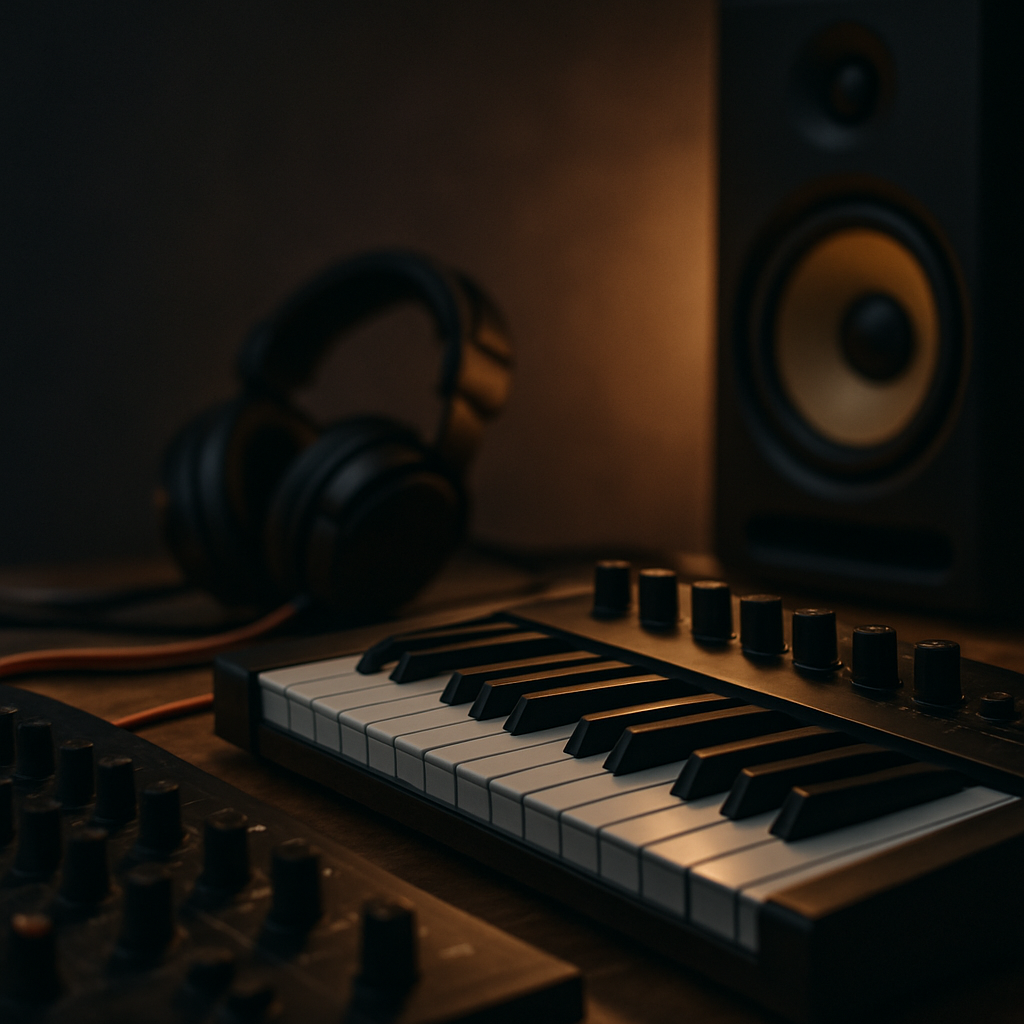![]()
Introduction to Modern Music Production
In today’s rapidly evolving music industry, modern music production has become more dynamic and accessible than ever before. The role of a music producer has shifted from being purely supervisory to encompassing a wide range of creative and technical responsibilities. Thanks to advancements in technology, producers now have the tools to create, edit, mix, and master tracks from virtually anywhere, often with little more than a laptop and a pair of headphones.
However, while the tools have evolved, the core of great music production remains rooted in skill, creativity, and a deep understanding of sound. Producers today not only oversee recording sessions but actively shape the tone, arrangement, and emotional impact of a song. They are the architects behind the music, guiding artists through the recording process and helping to turn raw ideas into fully realized tracks.
The Essential Role of an Audio Engineer

Closely tied to music production is the role of the audio engineer. While the producer shapes the vision, the audio engineer is responsible for the technical execution. They capture high-quality recordings, balance levels, manage EQ and dynamics, and ensure that every sonic detail translates clearly across different playback systems.
An experienced audio engineer understands how to manipulate sound properties such as frequency, amplitude, and space. Their expertise can make the difference between a muddy mix and a professional, polished recording. In modern music production, many producers double as engineers, blurring the lines between the two roles. Mastery of both skill sets allows for complete creative control over the final product.
The Advantage of Multi-Instrumentalism
Another major advantage in today’s recording environment is multi-instrumentalism. Producers who play multiple instruments bring an added layer of creativity and flexibility to their sessions. Instead of relying entirely on session musicians, they can personally lay down guitar, bass, keys, drums, or even more unique instruments to craft the perfect arrangement.
This versatility not only speeds up the recording process but also opens doors to experimenting with different sounds and genres. Whether producing rock, electronic, pop, or indie music, a multi-instrumentalist producer can build a more complex and textured soundscape, adding subtle details that elevate the track.
Leveraging Experience Through Blogging and Education
Many modern producers are also turning to content creation as a way to share their knowledge and experiences. Running a music production blog allows producers to educate aspiring musicians, document their creative processes, and discuss both technical and industry topics. These blogs can cover everything from choosing the right microphone for vocals to advanced mixing techniques, giving valuable insights to a growing community of independent artists and producers.
By sharing expertise, producers not only establish themselves as authorities in the field but also create additional revenue streams and networking opportunities. Blogging, video tutorials, and online courses have become powerful tools for producers looking to expand their reach beyond the studio.

A Constantly Evolving Craft
Ultimately, modern music production is a craft that continues to evolve alongside technology and creative trends. Successful producers today embrace a combination of artistic vision, technical expertise, and versatility. Whether it’s through mastering multiple instruments, honing audio engineering skills, or sharing knowledge through blogs and educational platforms, the modern producer plays a vital role in shaping the music we hear every day.
